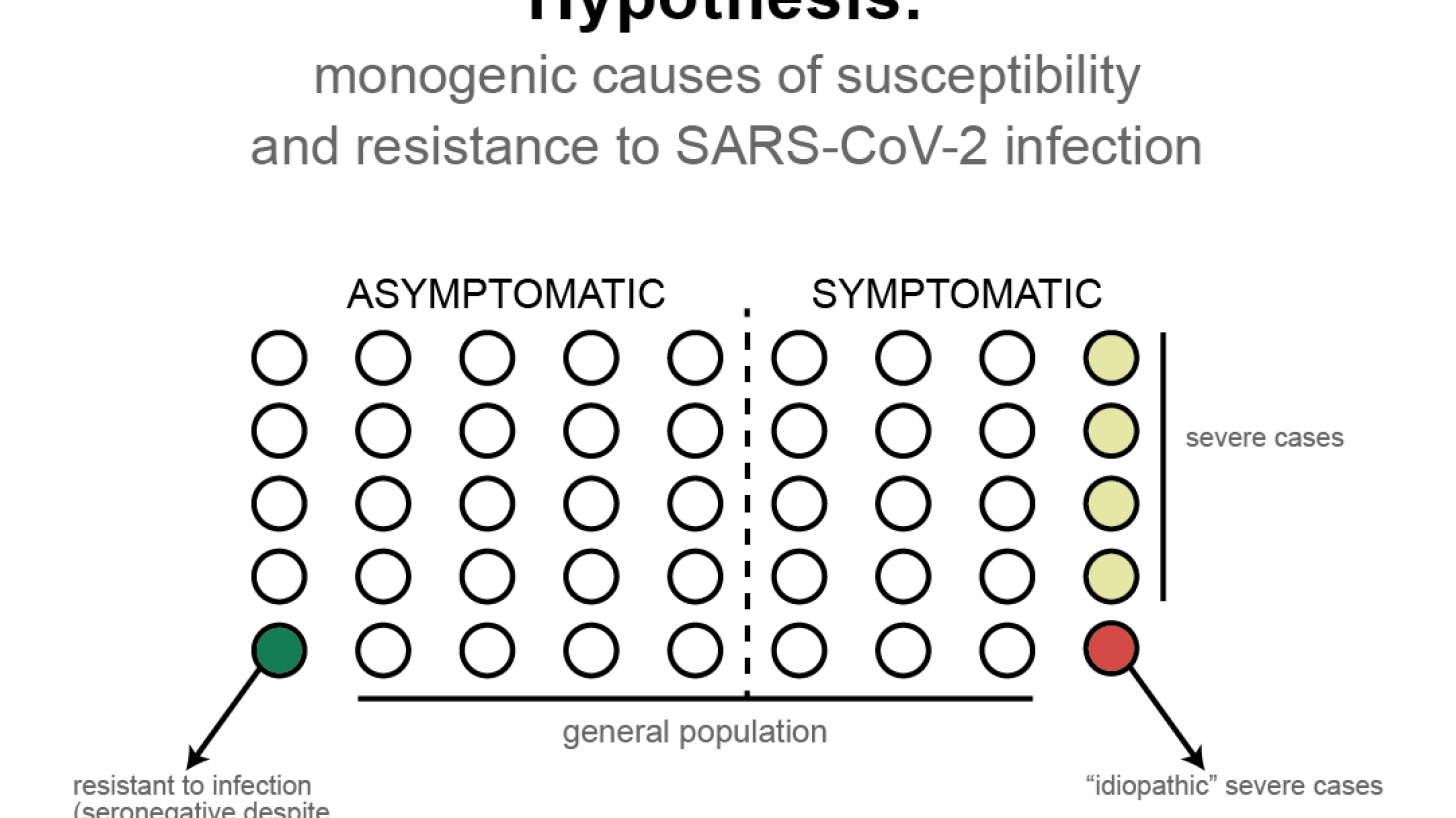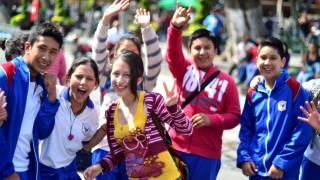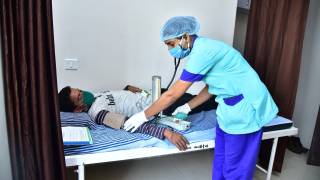Can COVID-19 Immunity Hide in DNA?

Nearly everyone you know has had it at least once, if not multiple times. But, even considering those who have had COVID-19 and not realized it, there are probably still people out there who have managed to avoid being infected by the SARS-CoV-2 coronavirus, wrote Dr. Lindsay Broadbent at the University of Surrey.
That said, some new research examines whether a genetic element explains why certain people have never caught COVID.
But while this research is essential, we shouldn't lose focus on those who are suffering from this disease and its longer-term effects, continued Dr. Broadbent in an article published by The Conversation on February 9, 2023.
This article continues below:
Led by researchers in the U.S., the COVID Human Genetic Effort has recruited people with known exposure to the novel coronavirus but who haven't had it themselves.
These scientists are looking for unusual mutations that may explain an apparent resistance to SARS-CoV-2 infection.
This may be a mutation in the cellular receptors or enzymes needed for the virus to enter our cells or a mutation in a gene involved in the immune response to infection.
Studies that uncover anomalies in our DNA, termed genome-wide association studies, have already identified genetic mutations that make some people resistant to other infections like HIV and norovirus.
If we can identify why people may be immune to a particular virus, then, theoretically, that knowledge could be used to prevent the infection.
But is it really that simple?
It's possible that it's not a mutation in one gene but a combination of mutations in multiple genes that render a small number of people immune to COVID.
Targeting multiple genes without causing any unwanted side effects can be tricky and would make it much harder to harness this knowledge for anti-COVID drugs, added Broadbent.
The full, unedited article is posted at this link.
The COVID Human Genetic Effort is an international consortium aiming to discover the human genetic and immunological bases of the various clinical forms of SARS-CoV-2 infection.
In particular, they are searching for the following:
- Monogenic (or digenic) inborn errors of immunity (IEI), rare or common, underlying severe forms of COVID-19 in previously healthy individuals, including hypoxemic pneumonia, multisystem inflammatory syndrome in children (MIS-C), Long COVID, COVID Toes, etc.
- Phenocopies of these monogenic IEI, such as auto-antibodies neutralizing gene products of loci whose variants underlie these IEI (e.g., auto-antibodies to type I IFNs mimicking inborn errors of type I IFNs).
- Single-gene variants, rare or common, make certain individuals resistant to the infection by the SARS-CoV2 itself, despite repeated exposure, or resistant to the development of clinical manifestations despite infection.
'We have already discovered the genetic and immunological basis of at least 15% of cases of critical COVID-19 pneumonia due to inborn errors of type I IFNs or auto-antibodies to type I IFNs (Zhang Q et al. Science 2020; Bastard P et al. Science 2020; Bastard P. et al. Science Immunology 2021; Asano T et al. Science Immunology 2021).'
'These discoveries have already led to the development of therapeutic applications and suggest a general disease mechanism (Casanova JL & Abel L, Science 2021; Zhang Q et al. Nature 2022).'
'With these three projects, the COVID Human Genetic Effort aims to discover truly causative genetic and/or immunological anomalies, rare or common, and decipher in depth the molecular, cellular, and immunological mechanisms by which they underlie resistance to viral infection or disease or predisposition to one or another form of severe disease,' states the website.
Disclosures: Dr. Broadbent has previously received funding from The Wellcome Trust and is a member of The Microbiology Society.
Our Trust Standards: Medical Advisory Committee
























